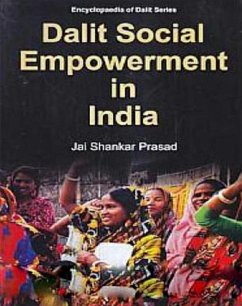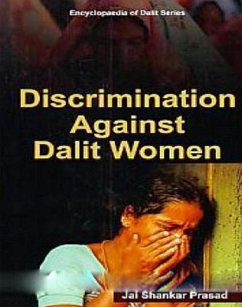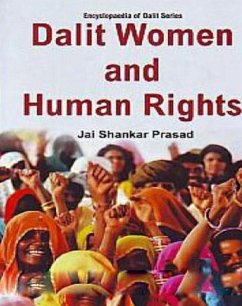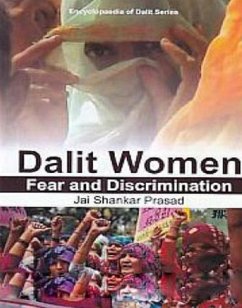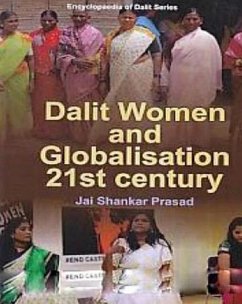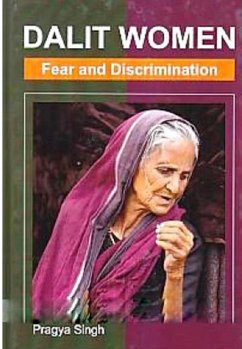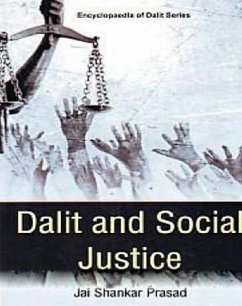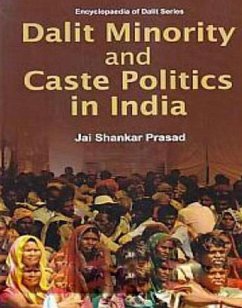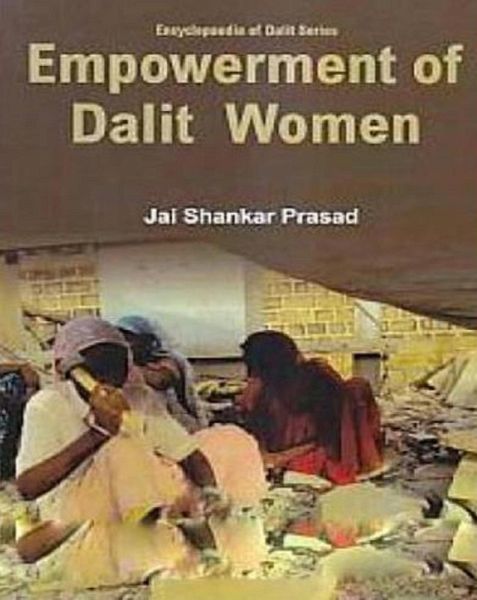
Empowerment Of Dalit Women (eBook, ePUB)

PAYBACK Punkte
99 °P sammeln!
Dalit women are mostly deprived, socially excluded, less literate, absentee of property rights, and less empowerment socially and economically. They are ignorance about women entrepreneurship. They are poverty stricken having minimum access of maintaining standard of living. Till some years ago, many dalit women were ill treated and educationally backward inspite of the facilities for free education. The reasons for the high rate of illiteracy among dalit women are many. The present positions seem to be better with reference to the rate of literacy among dalits. The literacy rate is 31.48% for...
Dalit women are mostly deprived, socially excluded, less literate, absentee of property rights, and less empowerment socially and economically. They are ignorance about women entrepreneurship. They are poverty stricken having minimum access of maintaining standard of living. Till some years ago, many dalit women were ill treated and educationally backward inspite of the facilities for free education. The reasons for the high rate of illiteracy among dalit women are many. The present positions seem to be better with reference to the rate of literacy among dalits. The literacy rate is 31.48% for boys and 10.93% for girls. Dalits women belonging to the creamy layer of the society are better with good education and socially and economically they are well off like other high castes. Untouchability is acute in villages. There is a gradual change in rural areas because they have become aware of their rights. Spread of education, improvement in economic conditions, welfare measures. This informative book explores the problems of how caste and gender issues are related to the education and empowerment of Dalit women in India. This book is useful to policy planners, administrators, researchers and students of Decentralized Governance and Gender Justice.
Dieser Download kann aus rechtlichen Gründen nur mit Rechnungsadresse in A, B, BG, CY, CZ, D, DK, EW, E, FIN, F, GR, HR, H, IRL, I, LT, L, LR, M, NL, PL, P, R, S, SLO, SK ausgeliefert werden.




